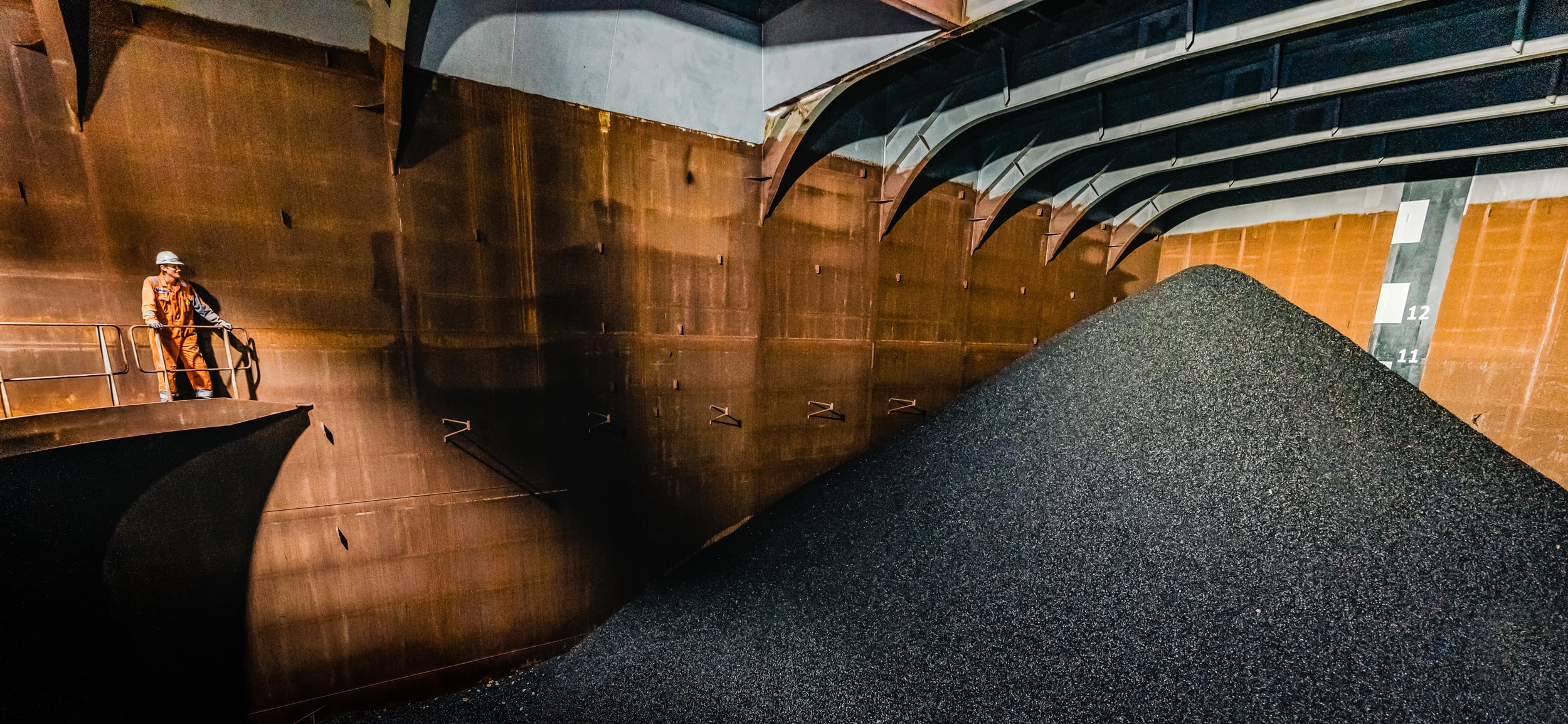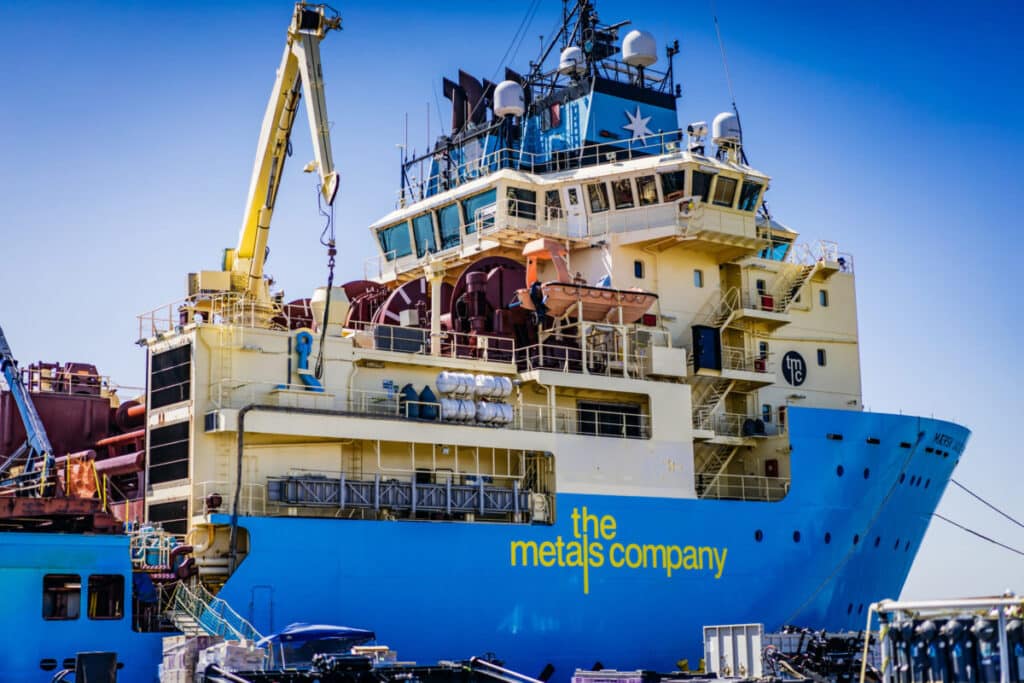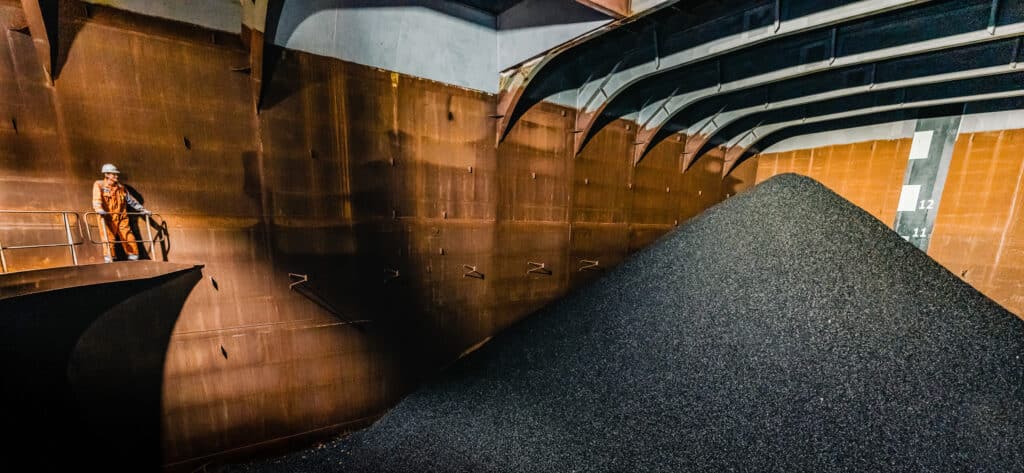While the Secretary General of the International Seabed Authority (ISA) and Member States have rushed to reaffirm their commitments to UNCLOS and multilateralism in public, many of them acknowledged a stark reality in private: commercial industry is not welcome at the ISA.
The Authority is being influenced by a faction of States allied with environmental NGOs who see the deep-sea mining industry as their “last green trophy” and who have worked tirelessly to continuously delay the adoption of the Exploitation Regulations with the explicit intent of killing commercial industry and leaving the aspirations and rights of developing states that took the initiative to sponsor private companies as roadkill. They view the Authority’s mandate of regulating seabed mining while protecting the marine environment not as a balancing act but as an internal contradiction; some like France want to ban the exploitation altogether, yet they remain unwilling to relinquish their ISA contract and do not view the indefinite drift in adopting the Exploitation Regulations as a breach of their obligations under UNCLOS. All of this is entirely in bad faith against both the letter and the spirit of UNCLOS and our long-held legitimate expectations. The ISA was established to adopt all rules, regulations, and procedures to facilitate the exploitation phase of seabed mining, not stymie it.
As recently as this week, developing States that sponsor private companies sought to propose a process that would provide regulatory certainty to all for the consideration of a plan of work for exploitation in the absence of the adoption of the Exploitation Regulations, however, the Authority rejected such a proposal, misconstruing past Council decisions and again ignoring their explicit treaty obligations.
We have been engaged with the Authority since 2009 and have a far longer history in Kingston than the new Secretary General. In 1995 UNCLOS was ratified and took effect. Yet by 2009, no developing State was participating in the industry because developing States did not possess the resources of developed powerful States. As a consequence, UNCLOS, which was set up to ensure developing States had an opportunity to participate, was failing developing States.
In 2010, following a request from the Republic of Nauru, the ISA sought clarity that a developing State could sponsor a contract between a private company and a developing State. With this clarity, in 2011 we applied and were granted the first ISA contract sponsored by a developing State. Since then, every developing State has followed in Nauru’s footsteps and partnered with a commercial entity to support their aspirations of participation in this industry (Tonga, Cook Islands, Kiribati, Singapore, Jamaica). Back in 2011, we were welcomed by the ISA’s second Secretary General:
“I would like to remind the Assembly that the original purpose behind the parallel system of exploitation as set out in the Convention was to provide developing States with a practical and realistic means of participating in seabed mining…The only realistic option for most developing States therefore is to form partnerships with commercial interests that have access to the financial capital and technology that are necessary to conduct deep sea exploration. This is exactly what has happened in the case of Nauru and Tonga. This could not have happened, however, unless the private sector had sufficient confidence in the regulatory system that has been developed by the Authority over the past 15 years to make such an investment in the first place.”
In the 13 years that followed, we worked closely with the government of Nauru and engaged with the ISA in good faith and did everything required and asked of us — we have successfully conducted 22 offshore environmental campaigns and collected more environmental data than all the other ISA contractors combined since 2011 when we received our contract. We also conducted the first integrated nodule collection system test since the 1970s demonstrating we have the technology to responsibly collect polymetallic nodules. All contractors are contractually required to move towards exploitation during the course of their 15-year exploration contract – we will be the first and only contractor to deliver on this.
Following the ISA’s failure to deliver the Mining Code in July 2020, the government of Nauru, acting in good faith and to ensure the ISA was aware of our progress, gave a 2-year notice in 2021 that their sponsored entity would be in a position to submit an application in the near future. Contrary to how it is often portrayed, Nauru’s utilization of the 2-year notice was not a legal loophole but Nauru acting responsibly and giving notice to the ISA that an application was coming. The 2-year notice required that the ISA adopt the Mining Code within 2 years. The ISA did not.
In close consultation with Nauru we agreed to delay the submission of our application to give the ISA more time to complete the Exploitation Regulations. Leading up to the March 2025 Council meeting, Nauru attempted to get clarity on the timeline and process for reviewing and approving an application. This was objected to strongly, ensuring uncertainty remained.
After 16 years of engaging with the Authority in good faith, we are increasingly concerned that the ISA may not adopt the Exploitation Regulations in a timely manner and that the regulations may be written in a way so as to not allow commercial enterprises to operate. Without commercial entities developing States will not be able to participate and receive benefits from this industry.
Fortunately for us and our developing State partners—and contrary to the Secretary General’s statement—the ISA does not have an exclusive mandate to regulate seabed mining activities in the Area, and there are existing claims outside of UNCLOS. In reality, the U.S. has approved four exploration contracts outside of UNCLOS and two exploration contracts remain active. UNCLOS membership is not universal. More than two dozen nations have not ratified the treaty and do not recognize the jurisdiction of the ISA as binding in any manner, regardless of the Secretary General’s assertion of universal recognition. The freedom to mine the deep seabed, like the freedom of navigation, is a high seas freedom enjoyed by all nations.
Looking back at our 16-year experience of the ISA brand of multilateralism, we believe the United States made the right decision when they chose not to ratify UNCLOS. The United States has had a fully developed regulatory regime to allow U.S. citizens to pursue exploration and commercial recovery activities in the Area since 1989. It’s a regulator willing to engage with the applicants and give their application a fair hearing. The ISA has neither the Mining Code nor the willingness to engage with their commercial contractors. In full compliance with international law, we are committed to delivering benefits to our Developing State partners.
Gerard Barron, Chairman and CEO
March 2025





